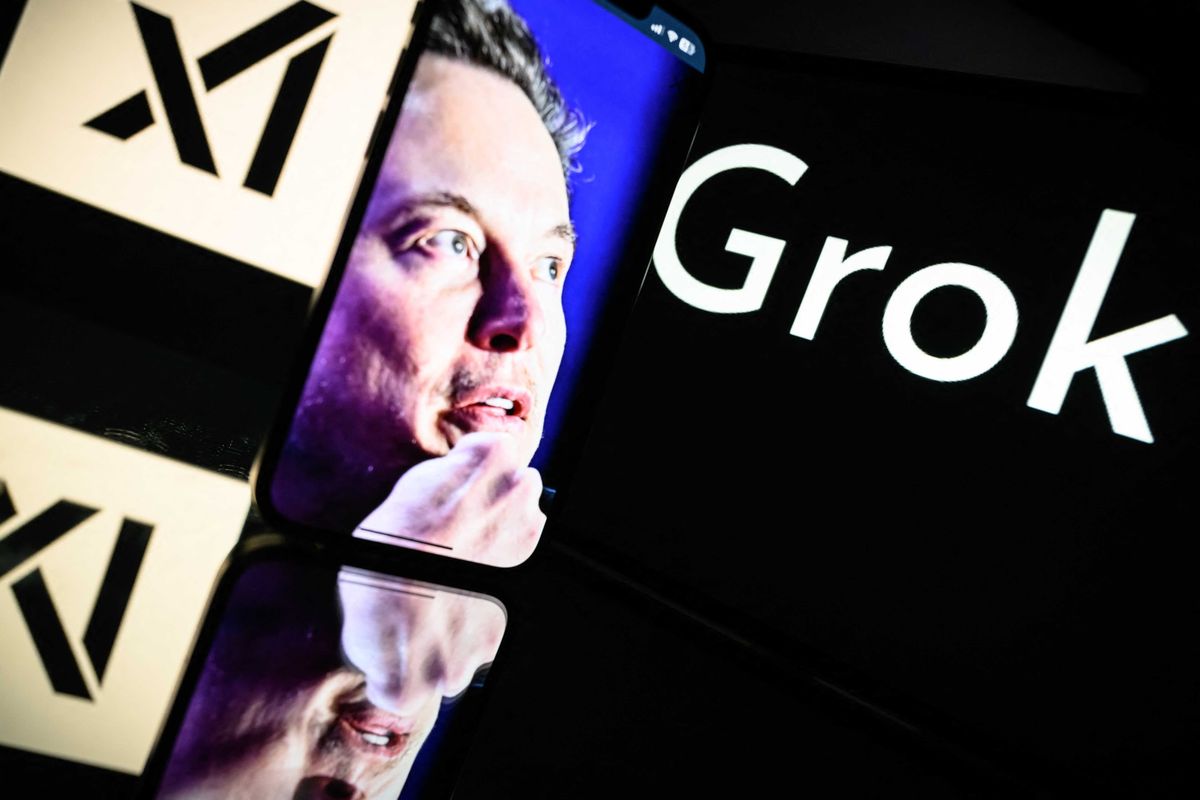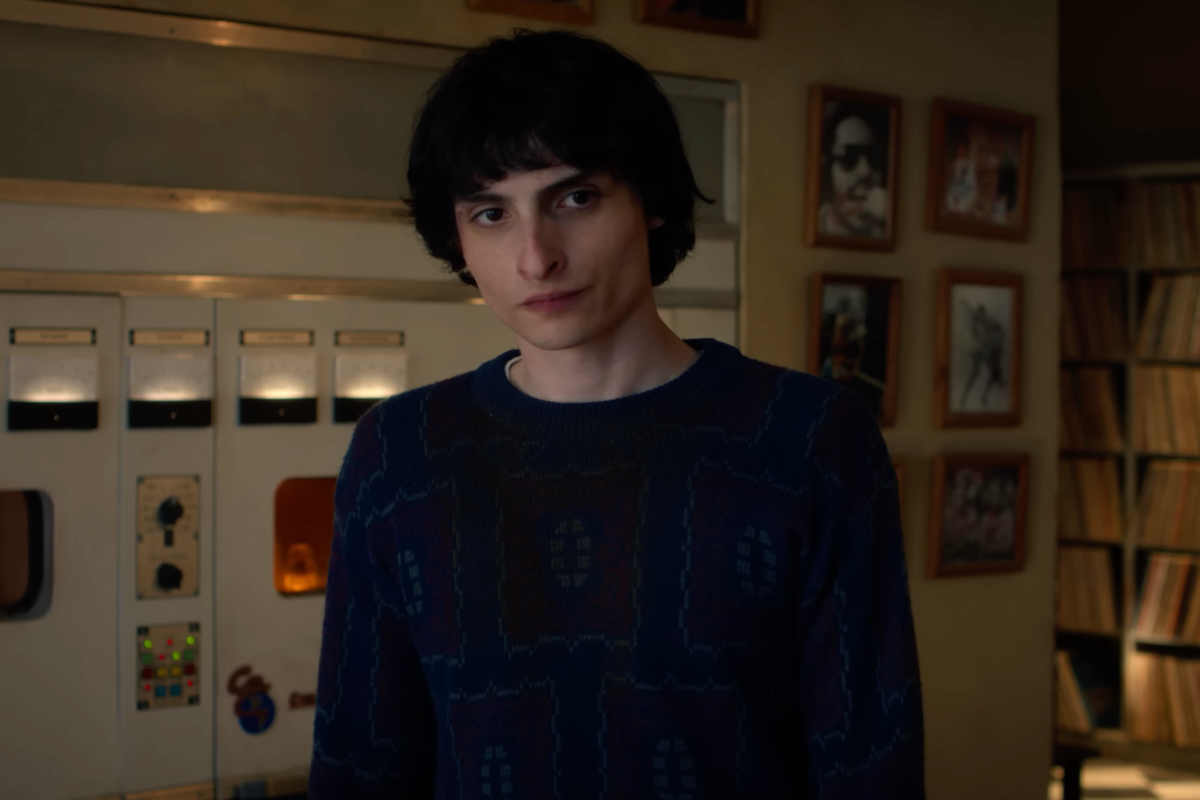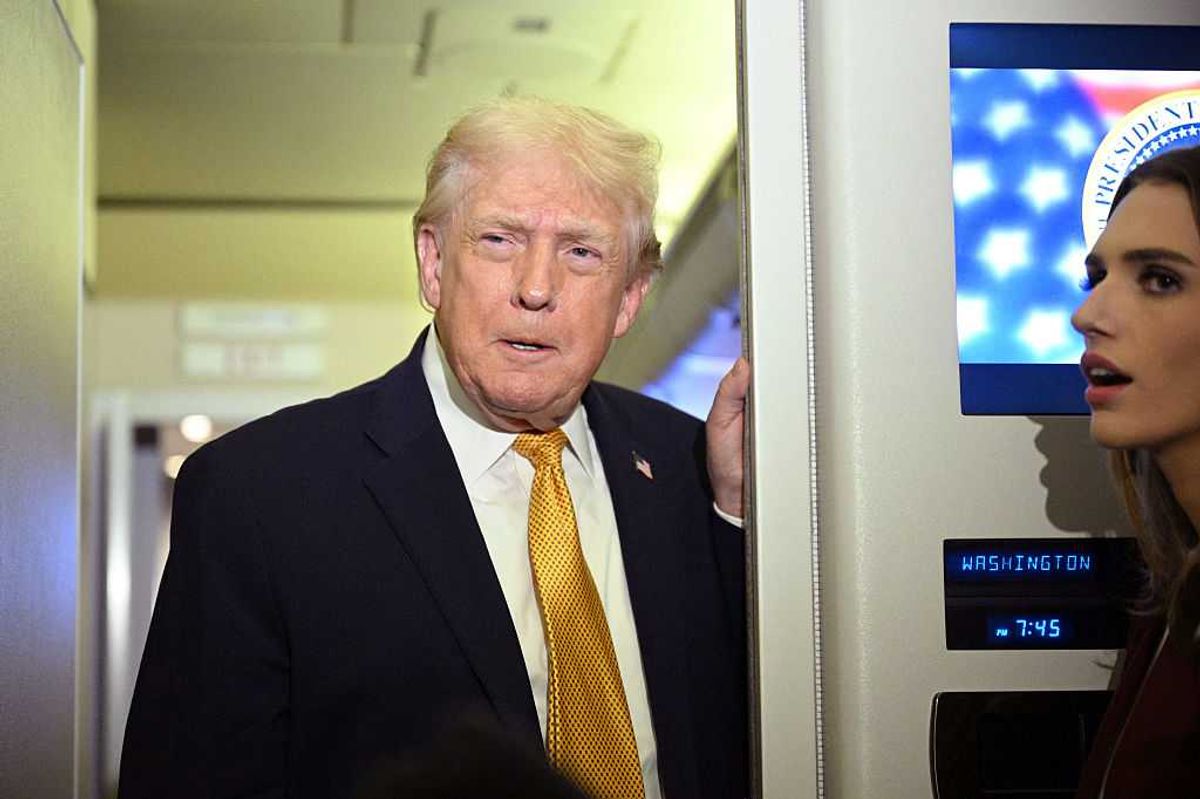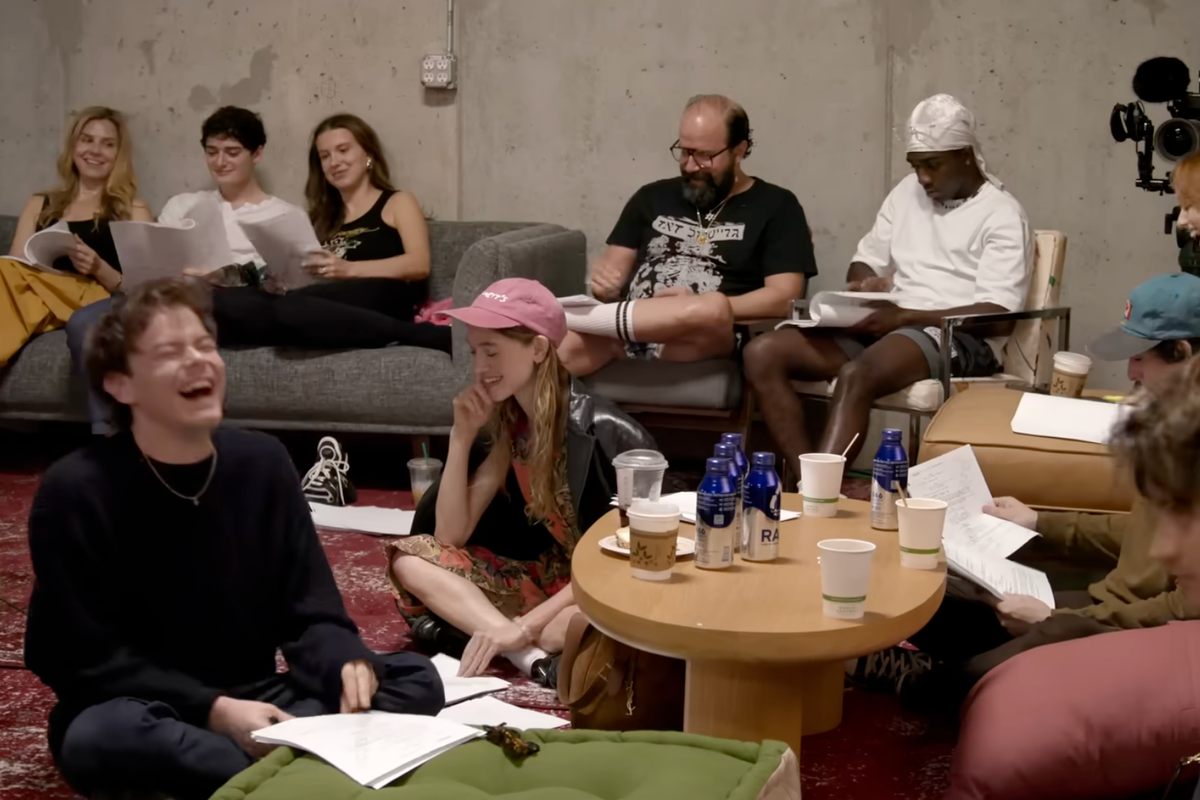News
Sanjana Varghese
Jun 15, 2020
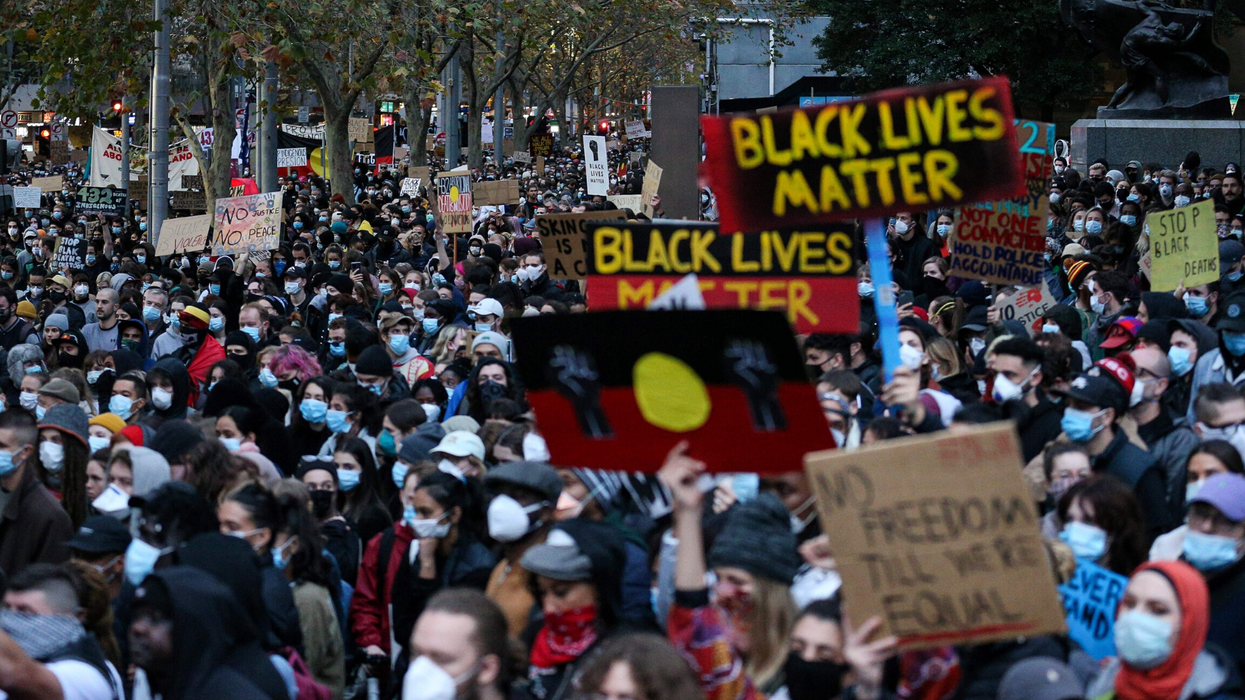
Getty Images
Influencers have been trying to find a way to express solidarity with the Black Lives Matter movement over the last few weeks since protests began following the death of George Floyd at the hands of a police officer.
Some of them posted resources to their followers, including bail funds and petitions - others asked people how they could become better allies.
But some went one step further and put on makeup that darkened their skin – known as blackface – in order to ‘show solidarity’ with the Black Lives Matter movement. Many of these influencers posted photos and videos of themselves in makeup and wigs that play into stereotypes about black people – often black women.
As a post from artist and activist Saint Hoax shows, this wasn’t just a one-off incident from a handful of influencers misguidedly attempting to do something good. Influencers from all over the world did similar version of this, along with 'challenges' on TikTok and YouTube.
Saint Hoax wrote on Instagram
It’s infuriating that we still need to educate people about the racist and painful history of blackface. We shouldn’t be having this conversation in 2020.
Instagram influencer Fantasticfd posted a photo, along with captions like “humanity should be our race.” The image has since been deleted.
Others said that they “wanted to be black” because their musical and entertainment heroes were. Many of the influencers made explicit references to the Black Lives Matter movement in their captions.
Many of these influencers posted the photos on their Instagram and then took them down after they received criticism about what they were doing from people around the world.
People weighed in on social media – Malorie Blackman, the author of 'Noughts and Crosses', pointed out that there were other ways to express solidarity.
Blackface is a racist practice that dates back to the 19th century – it was first used by groups of white performers who would lean on stereotypes on black people in order to make audiences laugh, all the while wearing dark makeup and exaggerating their features. This practice has contributed to dehumanisation and violence against black people in populations around the world, such as in the US and in the Netherlands, where blackface is still a part of popular holiday traditions such as Zwarte Piet.
Many of these influencer's posts have since been deleted or have made their profiles private. Rashmi Zurail Mann, was called out by the aforementioned Saint Hoax, a promptly deleted her original image and posted an apology which read:
I apologise for creating a work that was deemed insensitive. I could not express the colourism I intended to express, (which was colourism that) Indian’s face, and how Black Lives Matter has given a voice to this discussion even in our country of deeply entrenched racism.
Top 100
The Conversation (0)
